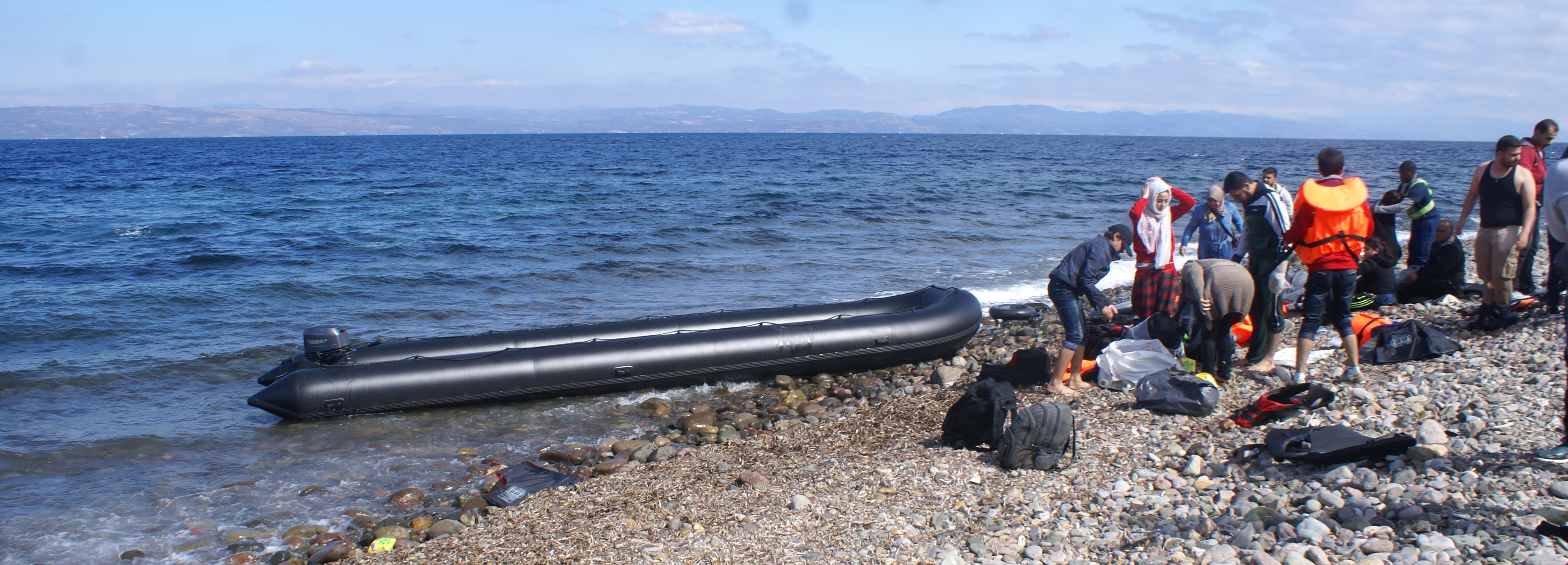Greece is one of the main entry points to Europe, along with Italy and Spain in the Mediterranean region. Refugees and migrants arrive in Greece both through its land border with Turkey in the north (Evros) and mainly through the Greek-Turkish maritime border in the Aegean Sea. In 2015, around one million refugees and migrants arrived in Greece, the majority of them considering Greece as the first stop in Europe and as a country of transition on their journey to their final destination in the central and northern European countries.
The EU-Turkey agreement on migration has had a significant impact on the management of refugees and migrants in Greece. Since March 2016, when the agreement came into force, the vast majority of migrants and refugees arriving in Greece have been confined to the islands, often in so-called “hotspots” and in structures where they were intended for short stays rather than long-term hospitality.
Only migrants who are considered “vulnerable” such as unaccompanied minors, people with disabilities or serious health problems, elderly people, pregnant women and victims of trafficking, torture or other forms of violence or ill-treatment, “Dublin” cases and those whose asylum applications are deemed “admissible” in principle after interviews are excluded from the scope of the EU-Turkey Agreement, so that they can be transferred to the mainland where they can access critical services based on their specific needs. However, due to the increased number of arrivals and gaps in healthcare services on the islands, there are significant delays in the vulnerability determination process. As a result, often asylum claims of those concerned are processed without proper assessment and identification of their vulnerability.
